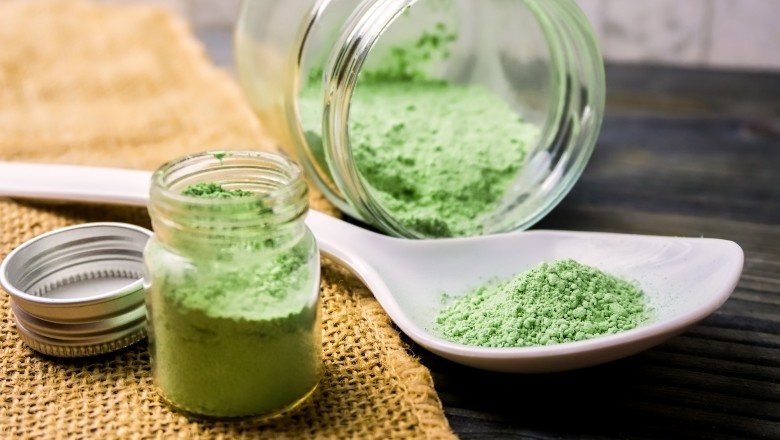views

Millions of Americans swear by kratom for an impressive variety of potential benefits, including anxiety relief, reducing physical discomfort, and as a solution to mitigate opioid use. However, agencies like the FDA and DEA have suggested that kratom should be prohibited as an illicit drug. This stark contrast can make researching kratom in a professional capacity challenging. Finding the truth about kratom in the face of contradictory positions requires trusting unbiased data from scientific sources. The fact is, these unbiased sources describe kratom as an impressively safe and effective herbal compound with a great deal of potential.
Kratom Appears Safe with Low Abuse Potential
In 2020, researchers from Johns Hopkins Medicine published a report that describes the results of a survey they conducted. The conclusion was that kratom offered a variety of “therapeutic effects” with a “low potential for abuse or harm.” That conclusion seems to be supported by other data, too. For instance, kratom advocacy groups like the American Kratom Association (AKA) report that roughly 10 to 16 million Americans regularly use kratom. Despite those numbers, there were fewer than 100 kratom-related deaths in 2017, most of which involved mixing the kratom with other potentially fatal drugs or combined with preexisting health conditions. It is not even clear whether a fatal overdose of kratom alone is possible. By tragic contrast, in the same year, both prescription and illicit opioids accounted for over 47,000 fatal overdose deaths in the U.S.
Kratom’s Potential for Pain and Anxiety Relief
Kratom is among an increasingly recognized group of natural herbal compounds, including other ancient plants like kava, that offer exciting potential for reducing anxiety and, in the case of kratom, pain relief. Of the thousands of participants surveyed by Johns Hopkins Medicine about their kratom experiences, 91% of the respondents reported that kratom provided effective pain relief. 67% of respondents found it effective for the reduction of anxiety, and 64% tried kratom to mitigate symptoms of depression. Combine these responses with kratom’s low potential for abuse or harm and its rarity of side effects compared to opioid and benzodiazepine medications, and the future of kratom research is certainly promising.
Kratom as an Opioid Alternative
After the relief of pain, anxiety, and symptoms of depression, kratom has grown common as a method for treating opioid dependence. Its potential for treating opioid addiction and withdrawal is well-known in regions of Asia where kratom is native. For instance, a 2015 study from Thailand found that kratom has been successfully used to treat opioid dependence for decades. Considering the toll the opioid epidemic continues to take on the western world, an effective treatment for opioid dependency like kratom, with its low potential for abuse and addiction, could prove immensely valuable.
Kratom Regulation Means Quality Control
Kratom is a relative of the coffee plant and is reported to have a mildly stimulating effect at lower doses. At higher doses, kratom is said to promote relaxation and a sense of well-being. Critics from the FDA and DEA assert that the latter effects mirror those of opioids, which they believe is simply exacerbating the opioid crisis. That governmental opposition means kratom remains unapproved by the FDA. However, the product of that decision is a lack of oversight and regulation. Regulating kratom, like any other herbal supplement, would require accurate and informative labeling guidelines to help ensure that only safe, unadulterated kratom is sold to consumers. It would also establish an age requirement for purchasing kratom, which currently doesn’t exist.
Kratom Regulation and Research Means Reduced Harm
It’s clear that kratom deserves a great deal more scientific and clinical research and that reactionary prohibition of kratom could be both counterproductive and harmful. A recent article published by Harvard Law School’s health law publication points out what we know about kratom right now. We know that it has been used for decades and is now used by millions in the U.S. as a mood enhancer, pain reliever, and effective opioid dependence resource. Prohibiting kratom would force those millions of people to seek out less safe alternatives—perhaps, heavily adulterated illicit kratom or far more powerful and addictive opioids. Supporting kratom research and regulation is the only rational, positive, and productive option.
Original Source: https://bit.ly/2YQZooC












